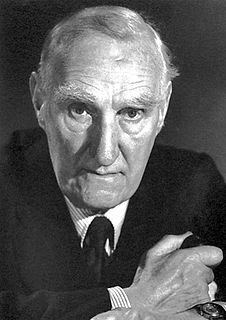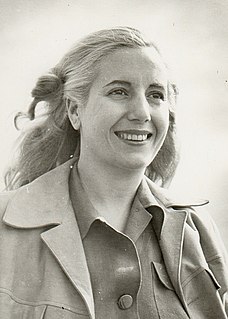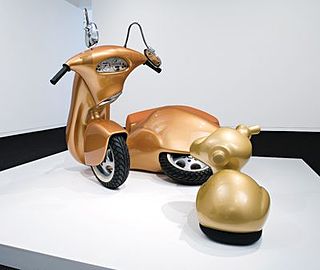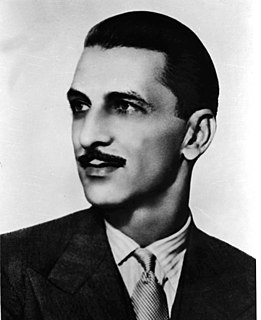A Quote by John Boyd Orr
When the Industrial Revolution of the nineteenth century brought a rapid increase in wealth, the demand of workers for a fair share of the wealth they were creating was conceded only after riots and strikes.
Related Quotes
It was with the Industrial Revolution, as society plunged ever more eagerly into the conquest of material riches and bent all its energies to the accumulation of goods, that material poverty became a major problem. Obviously, this meant abandonment or downgrading of spiritual values, virtue, etc. To share or not to share in the increase of the collective wealth-this was the Number One question. It was the desire to acquire wealth that prompted the poor to start fighting.
It is commonly observed that a sudden wealth, like a prize drawn in a lottery or a large bequest to a poor family, does not permanently enrich. They have served no apprenticeship to wealth, and with the rapid wealth come rapid claims which they do not know how to deny, and the treasure is quickly dissipated.
The information revolution has changed people's perception of wealth. We originally said that land was wealth. Then we thought it was industrial production. Now we realize it's intellectual capital. The market is showing us that intellectual capital is far more important that money. This is a major change in the way the world works. the same thing that happened to the farmers during the Industrial Revolution is now happening to people in industry as we move into the information age.
Between 2013 and 2015, the wealthiest 14 people saw their wealth increase by $157 billion. This is their wealth increase, got it? Not what they are worth. Increase. That $157 billion is more wealth than is owned by the bottom 40 percent of the American people. One family, the Walton family, owns more wealth than the bottom 40 percent.
During the last two years the wealthiest 14 Americans saw their wealth increase by $157 billion. This is truly unbelievable. This $157 billion INCREASE in wealth among 14 individuals is more wealth that is owned, collectively, by 130 million Americans. This country does not survive morally, economically or politically when so few have so much, and so many have so little.
The distribution of wealth is even more unequal than that of income. ...The wealthiest 5% of American households held 54% of all wealth reported in the 1989 survey. Their share rose to 61% in 2010 and reached 63% in 2013. By contrast, the rest of those in the top half of the wealth distribution ?families that in 2013 had a net worth between $81,000 and $1.9 million ?held 43% of wealth in 1989 and only 36% in 2013.
The wealth gathered by Jamsetji Tata and his sons in half a century of industrial pioneering formed but a minute fraction of the amount by which they enriched the nation. The whole of that wealth is held in trust for the people and used exclusively for their benefit. The cycle is thus complete; what came from the people has gone back to the people many times over.































